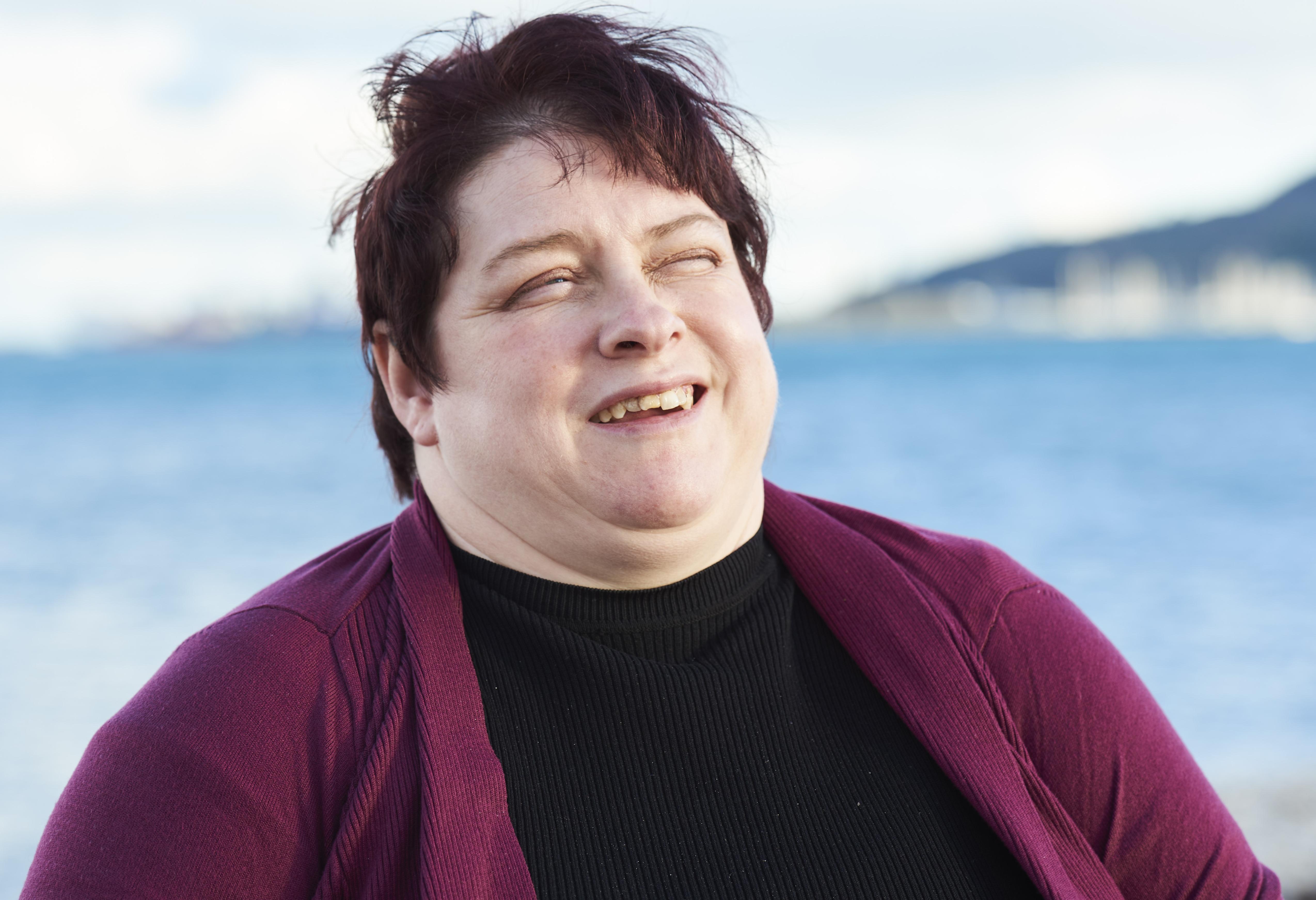People First Dorset influencing the national advocacy agenda

Dorset Council grant-holder People First Dorset (PFD) and its members are at the forefront of a ground breaking new research report, "Independent Advocacy for Independent Lives".
This report highlights the substantial financial benefits of independent advocacy, showing that for every £1 invested in independent advocacy, this creates £12 in savings in health and social care budgets.
The Henry Smith charity commissioned Social Finance and self-advocacy partner SpeakUp, to independently evaluate 14 "independent advocacy" organisations across the UK over the last three years, including PFD.
This marks the first time in the UK that significant independent verified research has been able to quantify the financial value of independent advocacy for people with learning disabilities and autism. Previously, measuring this value has been notoriously difficult and elusive for advocacy groups, researchers and health and care bodies.
This report is not insignificant given there are 1.5m people in the UK with a learning disability and a conservative 700,000 people diagnosed with autism spectrum disorder. The report explores the impact of the research, concluding that groups like PFD are a lifeline, empowering individuals to understand their rights, make confident decisions and achieve better life outcomes.
The team at PFD is acutely aware of the value of their work. While they are well-known for their friendship events and Speaking Up groups, they handle many other demands on their time. This includes members bringing issues to them before they escalate, signposting individuals to the right support and directly supporting individuals to achieve positive outcomes. It is notoriously challenging to put a financial value on this crucial work, as they are consistently "getting on" with it.
PFD relate to other findings in the report, notably that advocacy organisations face significant challenges including funding challenges, difficulty demonstrating the value of their work and escalating needs.
Linking local efforts to national conversations, two PFD staff members, Emily and Kerry, both of whom have a learning disability, are partnering with SpeakUp self-advocates Amy and Marshall, to advocate for the report's key policy and funding changes. The report calls for stronger non-statutory advocacy, better policy leadership, dedicated funding, greater collaboration and improved links to employment and health services. Having experienced systemic inequalities themselves, these advocates are committed to driving change. They have already this year given evidence to Parliament, written in the national press and are meeting with MPs nationally.
Kerry is not new to government. She was elected co-chair of the National Forum for people with a learning disability, which was set up by the Government in 2002 after, the Valuing People White Paper in 2001. This was a place where people with a learning disability were able to share the views of all people with a learning disability from across the country, with Government, and help create solutions. One of her roles was to review the Green Paper, "No Voice Unheard, No Rights Ignored," which came after the Winterborne View scandal. She was disappointed when the Department of Health stopped funding the National Forum in 2017, without real explanation.
She has seen that things have got worse for a lot of people since then, and there is no national platform for people with a learning disability. Having worked at PFD for almost 17 years, she is pleased that PFD has been able to survive when so many self-advocacy groups have had to close.
Kerry's work sees her attending many meetings that make sure people's voices are heard across Dorset, such as the county-wide Health Action Group, Easy Read Group, Dorchester Access Group, the Dorset County Museum inclusion group, or the Dorchester Speaking Up group.
Kerry enjoys the national research that PFD take part in with universities, most recently around belonging; the over-medication of people with a learning disability, and of particular interest, inclusive research.
In addition, along with friends Emily and William, Kerry has been part of a small team writing weekly for the Dorset Echo over the past decade. The trio also teamed up with local artist Cat, to write the book, "Not Lost" last year, about a famous Dorchester cat, which has sold more than 1,000 copies.
Whilst not without her own health and social care struggles, as Kerry also has cerebral palsy and so relies on a wheelchair, she has been on an inspiring journey, towards building a more independent and fulfilling life for herself. She says its good how, at PFD, people look our for each other and can pick up problems early, how the friendships that people can make there and being kind to each other, are key foundations to a good life.
Laura Kerr, People First Dorset manager, said the more included individuals feel by the community, the more their confidence grows, adding she sees them going from strength to strength.
"Our role at People First Dorset has, and continues to be, enabling individuals to develop and maintain their confidence, be it through making and managing friendships, developing self-advocacy skills at Speaking Up groups or helping oversee the charity such as being an active member of the PFD management committee."
Councillor Steve Robinson, Cabinet member for Adult Social Care, said it was important to make learning disabilities more visible.
"Independent advocacy should not just be there at a time when people are in crisis but should be a service that works for the benefit of everyone, no matter their age."
The report can be found - https://www.socialfinance.org.uk/insights/independent-advocacy-for-independent-lives/
Categories: Adult's Services

Comments
0 Comments